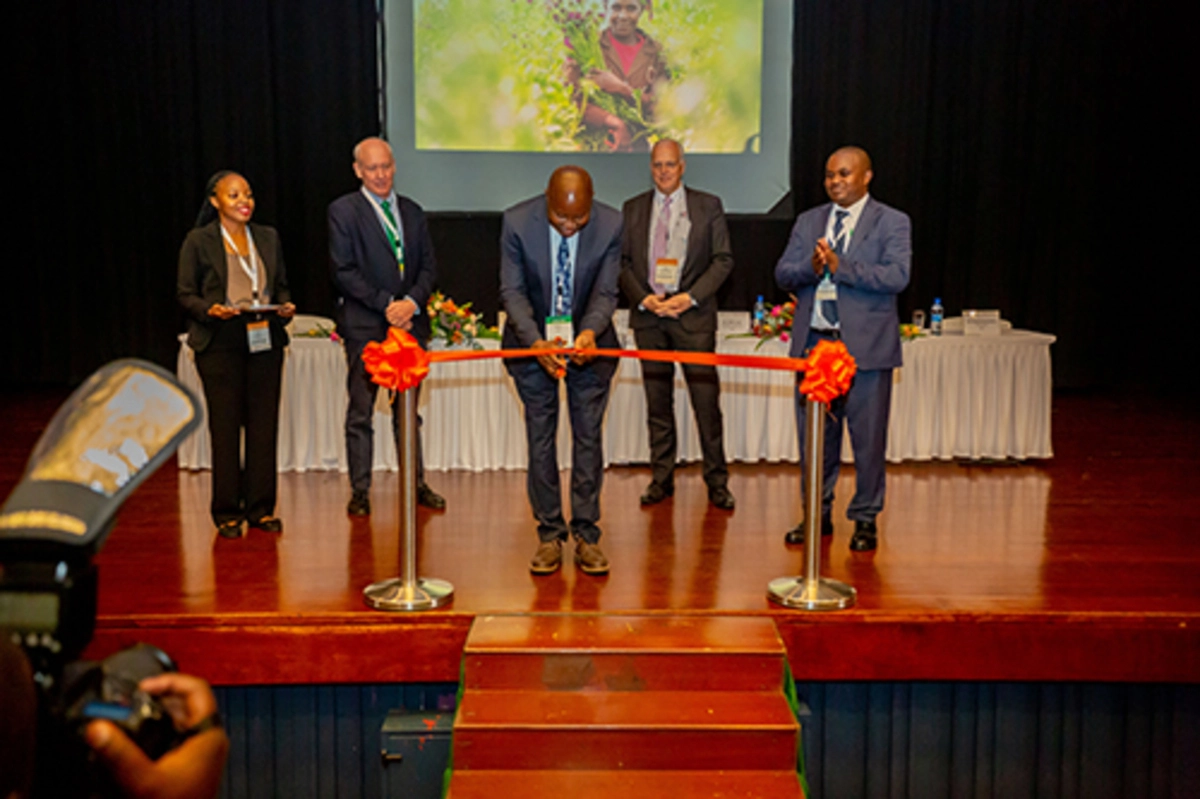The 11th International Floriculture Trade Expo (IFTEX) has been underway at Visa Oshwal, Nairobi, ending today. The annual Expo which has brought together representatives from 75 countries has seen a 20% increase in exhibitors, however, conversation with the stakeholders along the corridors of the expo reveals a stark picture of the future, amid the intoxicating scent of the blooms.
“Our farm has been in operation for more than three decades, mainly supplying the European market. However, the relatively new market in the Middle East and Japan offer a positive prospect even though the market dynamics are worrying,” says Jared Momanyi a grower at Gatoka Ltd.
Horticulture is the third largest foreign exchange earner garnering around 150 billion annually and contributes significantly to the Kenyan economy. The industry employs over 200,000 workers, most of them in rural areas. Additionally, it indirectly employs 1 million people. Involved in the supply of goods and services and affects over 4 million people.

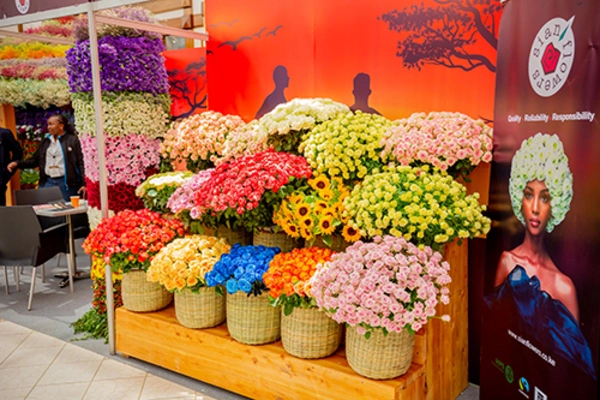
Upon further probe, Momanyi revealed that he has witnessed the bargaining power of the Kenyan farmer gradually weaken in the international market over the decades. “Currently, the market dynamics are not as lucrative as they used to be. There is an influx in supply eclipsing the demand. This has completely relieved the farmer of the bargaining power. The buyers’ premium specifications have become more variable given the wide pool of choices. Government policies and increased levies have not helped the situation either.”
Momanyi also decried the high utility cost. He termed the cost of chemical fertilizers and other inputs as a major deterrent to exponential growth. The legislation and enactment of the Horticulture Crops Authority Bill to enable better management and support to the industry has been slow, even though Kenyan farmers are facing increased competition from Colombia and Egypt. This indicates the slow drive in the crop’s value chain reforms.
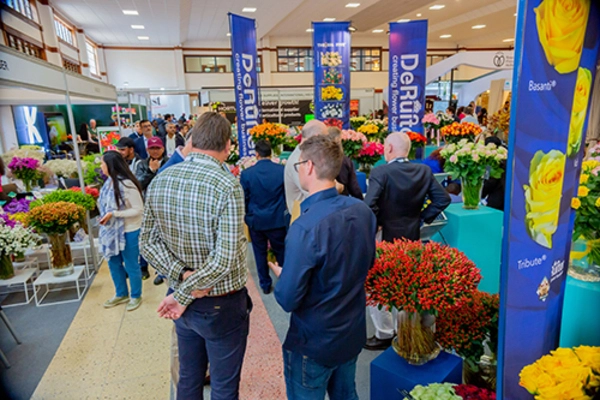
This sentiment is echoed by Paul Muli, the director of Elegant Blossoms, a summer flowers brand. “The cost of operation is very expensive. The levies and licenses required to run the business are a lot too, making it difficult for newcomers,” says the director of the young player, one year into the game. He also highlighted the high cost of airfreight, stating that despite an increased turnover in the industry, majority of the earnings go to freight charges.
“We recommend the government to release stimulus package finance to support exporters. We have recommended these funds be used to subsidize air freight as this is where we will realize the highest impact of the support,” says the Fresh Produce Exporters Association Kenya.
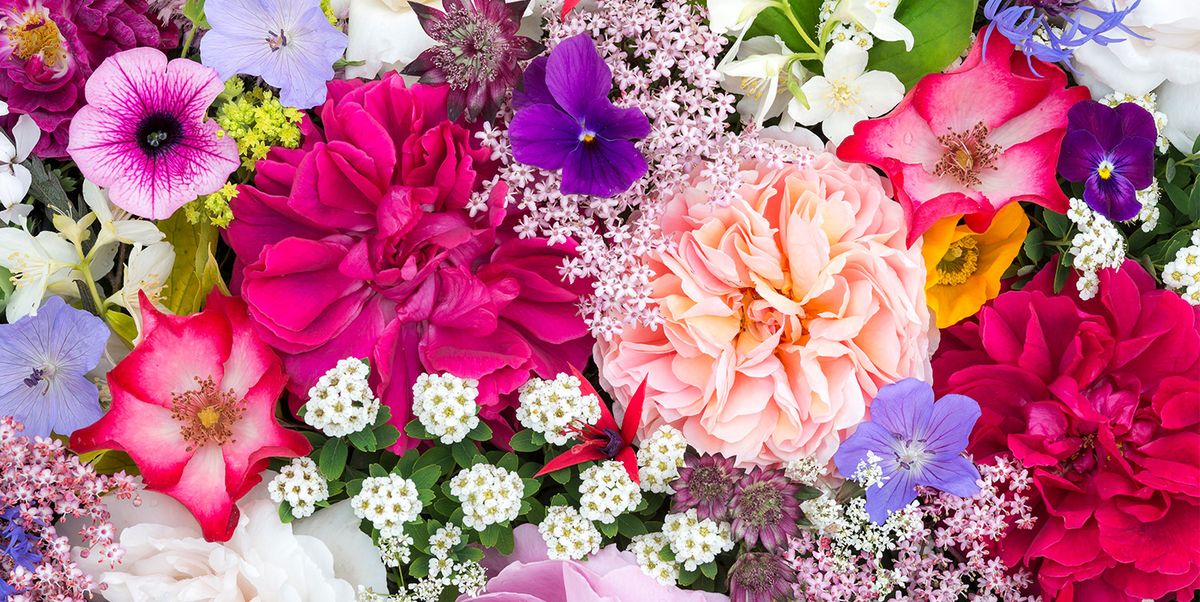
“Government regulations play a decisive role in creating stable conditions for businesses to start, operate, and grow. To attract new investors and encourage existing ones, we need the government to create a conducive business environment by streamlining its processes, reviewing its regulations, and providing incentives for growers and exporters,” said The Kfc Board Chairman, Christopher Kulei. He further stated that more investment means more jobs, more forex income, and solidifying Kenya’s position in the global flower trade.
The government involvement in the industry is described as light, by the stakeholders. However, speaking during the opening ceremony, the principal secretary the State Department for Cabinet Affairs, Dr. Idris Salim Dakota said, “The government of Kenya has negotiated favorable trade agreements with various countries. Our collaboration with the UK, which resulted in the suspension of the 8% duty on cut flowers from Kenya is an example of one such successful agreement.”
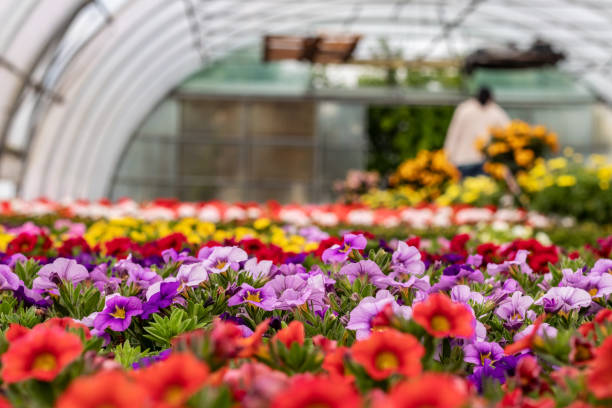
He further stated that the Kenya-EU Economic Partnership Agreement, signed in December 2023, has now been ratified by both the National Assembly of Kenya and the European Union in Brussels.
As the event ends, the stakeholders are looking at an uncertain market dynamic without stronger government support. However, they are optimistic about an expanding international market, attributed to IFTEX and the resulting interaction with potential business associates.
In Kenya, only 4% of all the horticultural produce (Fruits and Vegetables) is being exported while 96% is being consumed locally. Over 90% of all this produce consumed locally is being produced by small scale farmers. 95% of flowers grown locally are exported to various international markets. Recently, more opportunities have been created for our farmers to access international markets like the UAE, USA and more.


